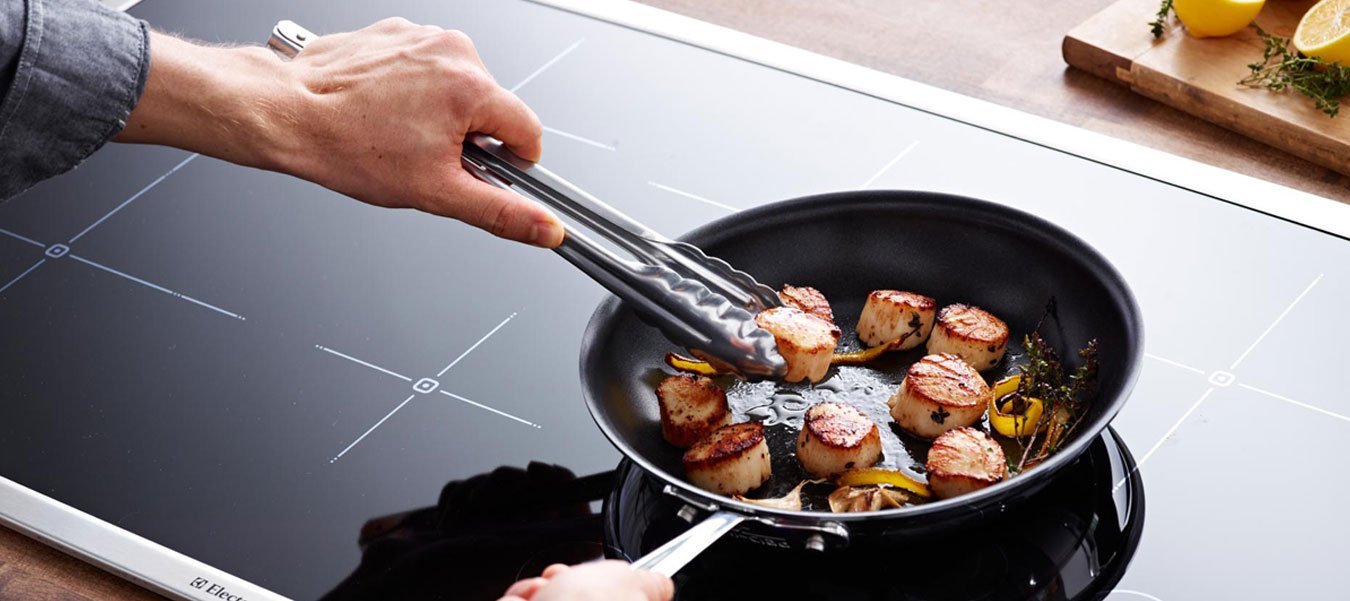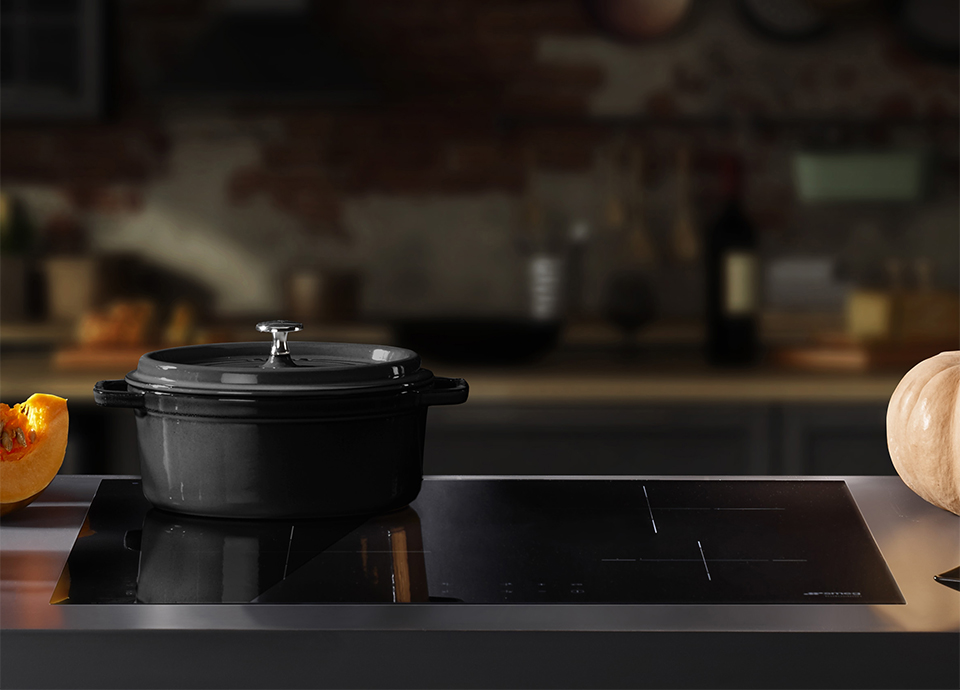Cast Iron for Modern Induction Stoves: A Barbecue Lover's Guide
Written By James Morgan
For barbecue aficionados, the allure of cooking with cast iron is undeniable. The weighty feel, the promise of an even sear, and the potential for developing a seasoned patina make it a cherished tool in any grill master's arsenal. But in today's culinary landscape, where modern induction stoves are increasingly popular, many wonder: does cast iron still hold its ground?
Absolutely! Cast iron for modern induction stoves is not only a reality but a match made in culinary heaven. The compatibility of cast iron with induction cooking offers barbecue enthusiasts a realm of possibilities, blending traditional cooking methods with cutting-edge technology.

Why Choose Cast Iron for Induction Cooking?
Cast iron is renowned for its ability to retain heat, making it ideal for tasks that require consistent, high temperatures, such as searing a steak or grilling vegetables. When used on modern induction stoves, which leverage electromagnetic fields to heat cookware directly, the results are even more impressive. Induction cooking provides rapid and precise temperature control, allowing for an unmatched level of finesse in your cooking.
But why does cast iron work so well with induction? The secret lies in the material itself. Cast iron is ferrous, meaning it contains iron, which is necessary for the electromagnetic induction process to generate heat. This makes cast iron an excellent choice for induction cooktops, providing even heating and thorough cooking.
Benefits of Using Cast Iron on Modern Induction Stoves
1. Even Heat Distribution
One of the primary benefits of using cast iron with modern induction stoves is the even heat distribution it provides. Unlike other materials that might have hot spots, cast iron ensures that your food is cooked uniformly, making it perfect for grilling and searing.
2. Durability and Longevity
Cast iron is a material that stands the test of time. When properly cared for, it can last for generations, maintaining its performance and improving with age. Using it on modern induction stoves doesn't compromise its longevity, making it a worthy investment for any barbecue enthusiast.
3. Versatility in Cooking
From simmering delicious stews to baking bread, cast iron offers versatility that few other materials can match. Whether you're making soup or baking, the adaptability of cast iron on modern induction stoves enriches your culinary repertoire.
Challenges and Considerations
While the marriage of cast iron and modern induction stoves is generally seamless, there are a few considerations to keep in mind. Cast iron cookware is heavy, which may require careful handling on glass induction surfaces to avoid scratching or damage. It's crucial to lift rather than slide the cookware on the stove.
Additionally, cast iron can take a bit longer to heat up compared to other materials. However, once at the desired temperature, it maintains heat exceedingly well, which is perfect for tasks like searing meat.
How to Care for Cast Iron on Induction Stoves
1. Seasoning Your Cast Iron
To ensure that your cast iron performs optimally on modern induction stoves, regular seasoning is essential. This process involves applying a thin layer of oil and heating the cookware to form a protective, non-stick layer. Not only does this enhance cooking performance, but it also prevents rust.
2. Cleaning and Maintenance
After each use, clean your cast iron with warm water and a stiff brush. Avoid using soap, as it can strip the seasoning layer. Dry thoroughly and apply a light coat of oil before storing.
3. Storing Your Cast Iron
Store your cast iron in a dry place to prevent moisture build-up, which can lead to rust. If stacking with other cookware, consider placing a paper towel between pieces to protect the surface.
Conclusion: Embrace the Best of Both Worlds
For barbecue enthusiasts, the combination of cast iron and modern induction stoves opens up a new world of cooking possibilities. Whether you're perfecting your steak sear or crafting a delicate sauce, the union of these two allows for precision and performance like never before.
Embrace the tradition of cast iron while enjoying the innovative benefits of induction cooking. For more insights on how cast iron integrates with induction stoves, visit Homes and Gardens.

FAQs
1. Is cast iron safe to use on induction cooktops?
Yes, cast iron is perfectly safe to use on induction cooktops. Its ferrous nature makes it ideal for induction cooking, as it allows the electromagnetic fields to generate heat efficiently.
2. Can I use enameled cast iron on induction stoves?
Absolutely! Enameled cast iron works well on modern induction stoves. Just be sure to check that the base is flat and the enamel is not chipped, which can affect performance.
3. How do I prevent scratching my induction cooktop with cast iron?
To prevent scratching, always lift your cast iron cookware when moving it on the induction cooktop rather than dragging it across the surface. Regular cleaning of both the cookware and the cooktop can also help minimize scratches.



